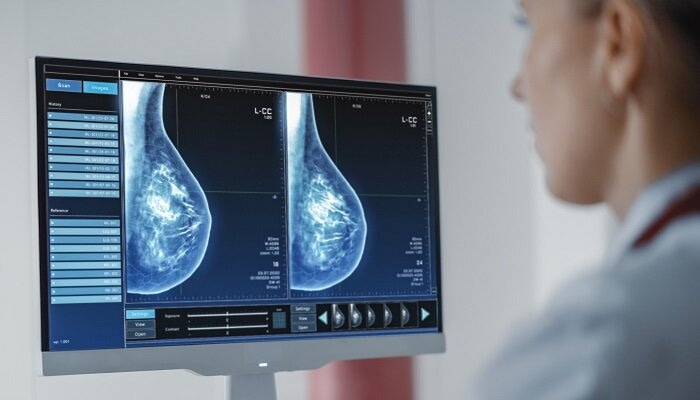In June 2023, the NATIONAL INSTITUTE FOR HEALTH AND CARE EXCELLENCE guidance suggested that there was another option to the current standard care for breast cancer. Lower intensity and shorter duration radiotherapy did not impact breast cancer-related mortality or disease recurrence. Now, draft guidance proposes that artificial intelligence (AI) technologies can help healthcare professionals produce contours more quickly.
AI technologies have the potential to improve workflow efficiency. According to evidence presented to NICE’s independent medical technologies advisory committee, AI technologies generally produce similar quality contours of organs at risk as those carried out manually, with most only needing minor edits.
Radiographers have to manually contour an image following a CT or MRI scan. They highlight organs at risk of radiation damage, lymph nodes, and cancer sites. The dose of radiotherapy targets the tumor site while also preventing organs and healthy tissue from being damaged.
Clinical experts estimate that the use of AI technologies could save 10–30 minutes per plan, depending on the amount of editing needed. The clinical evidence presented to the committee suggests that it may range between 3 and 80 minutes of time saved per plan.
NHS colleagues working on the front line in radiotherapy departments are under severe pressure with thousands of people waiting for scans. Sarah Byron, program director for health technologies at NICE, said that recommending the use of AI technologies to help support treatment planning alongside clinical oversight by a trained healthcare professional could save both time and money.
As per insights, it has been said that the NHS must embrace innovation to keep fit for the future. The use of AI technologies has the potential to improve efficiency and save clinicians thousands of hours of time that can be spent on patient care. An expert group will work through what skills and training NHS staff may need to make the best use of AI.


















